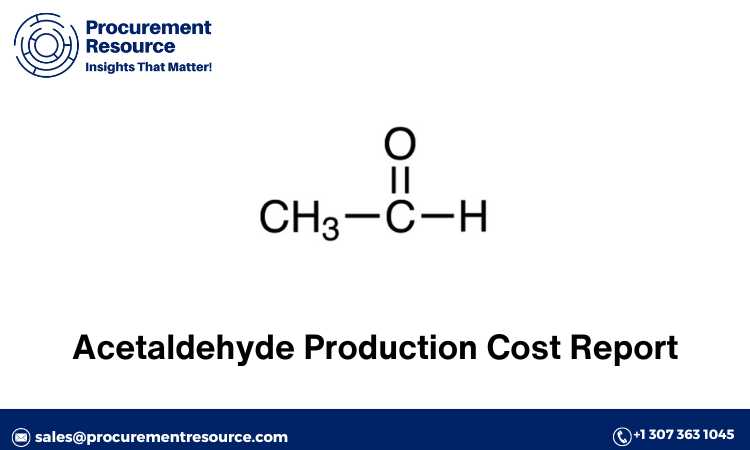Agriculture is both a contributor to and a potential solution for climate change. With the right tools, farmers can adopt practices that reduce greenhouse gas emissions, conserve resources, and enhance biodiversity. AgTech software is increasingly playing a crucial role in supporting climate-friendly agricultural practices. By helping farmers use resources more efficiently and minimize waste, AgTech solutions are paving the way for a sustainable future. In this blog, we’ll explore five ways AgTech software can help combat climate change and the importance of partnering with an experienced AgTech software development company or app development company to make these technologies accessible and effective.
1. Optimizing Resource Use through Precision Agriculture
Precision agriculture is one of the most impactful ways AgTech software can contribute to environmental sustainability. By using data analytics, remote sensing, and IoT-enabled sensors, precision agriculture allows farmers to manage resources with remarkable accuracy, leading to significant reductions in water, fertilizer, and pesticide use.
- Water Conservation: AgTech software integrates with soil moisture sensors to help farmers determine exactly how much water their crops need, reducing unnecessary irrigation and conserving water resources.
- Efficient Fertilizer Use: Overuse of fertilizers contributes to greenhouse gas emissions, particularly nitrous oxide. By analyzing soil nutrient levels, precision agriculture software enables farmers to apply the right amount of fertilizer at the right time, minimizing emissions and preventing runoff.
With the help of an AgTech software development company, farmers can access tools that allow them to adopt precision agriculture practices, reducing their environmental footprint while maximizing crop yield.
2. Reducing Greenhouse Gas Emissions with Carbon Monitoring
Greenhouse gas emissions from agriculture are a significant contributor to climate change. Through carbon monitoring and management, AgTech software enables farmers to track and minimize emissions across various farming activities, from soil management to livestock rearing.
- Soil Carbon Sequestration: Certain farming practices, like reduced tillage and cover cropping, can sequester carbon in the soil, effectively reducing CO2 levels in the atmosphere. AgTech software can track these practices and estimate the carbon sequestered, incentivizing sustainable practices.
- Livestock Emission Monitoring: Livestock farming is a major source of methane emissions. Advanced AgTech solutions can monitor livestock health and dietary inputs, helping farmers reduce methane output through optimized feeding and grazing strategies.
For an app development company focused on AgTech, building tools for real-time carbon monitoring is key to supporting farmers in making climate-friendly decisions that reduce emissions.
3. Enhancing Soil Health and Promoting Regenerative Agriculture
Healthy soil is fundamental to sustainable farming, and it also plays a crucial role in combating climate change. Soil can act as a carbon sink, capturing and storing CO2, but poor soil management practices can lead to degradation and release of carbon.
- Soil Health Monitoring: AgTech software can analyze data from soil tests, monitoring pH, organic matter, and moisture levels to ensure soil health. By encouraging sustainable practices, like crop rotation and cover cropping, software helps farmers build and maintain healthy soil.
- Regenerative Practices Support: Regenerative agriculture focuses on restoring soil biodiversity, enhancing water retention, and capturing carbon. AgTech software guides farmers through regenerative practices by providing data-driven insights into soil health, crop variety, and weather patterns.
An AgTech software development company that specializes in regenerative agriculture tools can empower farmers to adopt practices that improve soil health, reduce erosion, and enhance soil’s natural ability to store carbon, turning farms into effective carbon sinks.
4. Supporting Biodiversity and Reducing Land Degradation
Agricultural expansion and monoculture farming often lead to habitat destruction and a reduction in biodiversity. AgTech software supports biodiversity by promoting sustainable land use and offering data to optimize crop rotation and planting strategies.
- Diversified Crop Planting: AgTech software helps farmers diversify their crops based on soil, climate, and market demand data. Crop diversity reduces the risk of soil depletion, minimizes pest outbreaks, and fosters a balanced ecosystem.
- Reducing Land Degradation: Over-farming and improper land management contribute to land degradation, which exacerbates climate change. AgTech solutions monitor soil health and erosion risks, enabling farmers to take corrective actions to maintain long-term land productivity.
By consulting with an AgTech software development company, farmers can gain access to tools that encourage practices preserving biodiversity and promoting sustainable land use, essential for climate-resilient farming.
5. Leveraging Renewable Energy and IoT for Sustainable Operations
The integration of renewable energy sources into farming practices is a powerful way to reduce the carbon footprint of agriculture. AgTech software and IoT devices facilitate the use of renewable energy sources like solar and wind for powering farm operations.
- Solar-Powered Irrigation Systems: Solar energy can be harnessed to power irrigation systems, significantly reducing reliance on fossil fuels. AgTech software can optimize the use of solar energy by controlling water pumps based on real-time weather and soil moisture data.
- Automating Farm Operations with IoT: IoT devices, such as smart sensors and automated machinery, enable farmers to monitor and control farm operations remotely. IoT-driven AgTech solutions help reduce the need for heavy equipment use, saving energy and reducing emissions.
Working with an app development company that understands renewable energy and IoT integration can allow farmers to make the most of sustainable energy sources, improving the farm’s energy efficiency while reducing its environmental impact.
The Role of AgTech Software Development Companies in Climate Solutions
Adopting these climate-friendly technologies requires more than just access to the latest tools. It demands the expertise of a dedicated AgTech software development company that understands the unique challenges of farming and climate change mitigation.
AgTech software development companies provide:
- Customized Solutions: Developing software tailored to the specific climate, crops, and practices of each farm.
- Integration of Advanced Technologies: Building platforms that seamlessly integrate IoT, AI, ML, and blockchain for enhanced functionality and real-time monitoring.
- Sustainability-Focused Features: Designing tools to track sustainability metrics, allowing farmers to measure their impact and continuously improve their practices.
For farmers looking to minimize their carbon footprint, partnering with a skilled AgTech software development company is essential. These companies not only build effective software but also offer support and training to ensure that farmers can effectively utilize these technologies for long-term sustainability.
Conclusion
As the effects of climate change become more apparent, agriculture must adapt to protect the environment and ensure global food security. AgTech software offers powerful solutions for reducing resource waste, cutting greenhouse gas emissions, promoting regenerative practices, preserving biodiversity, and integrating renewable energy.
By leveraging AgTech software, farmers can make data-driven decisions that enhance efficiency and reduce environmental impact. Working with an AgTech software development company or a reliable app development company that specializes in sustainable agriculture is key to deploying these climate-focused solutions effectively. Such partnerships empower farmers to embrace sustainable practices, helping to combat climate change and build a resilient agricultural future.
In the years ahead, the integration of technology and sustainable farming will be instrumental in creating a climate-resilient food system. With the right AgTech solutions, the agriculture industry can continue to produce food while preserving natural resources and protecting the planet for future generations.





